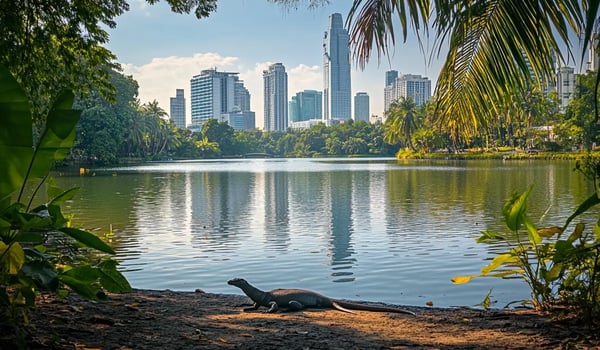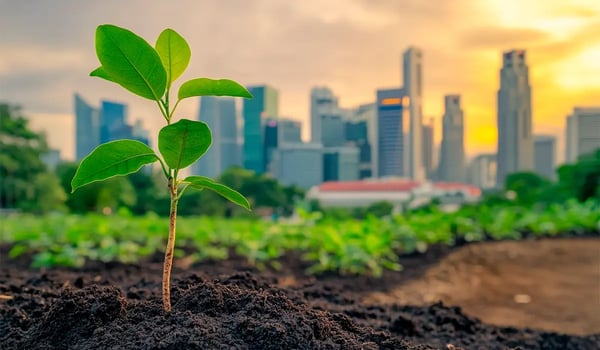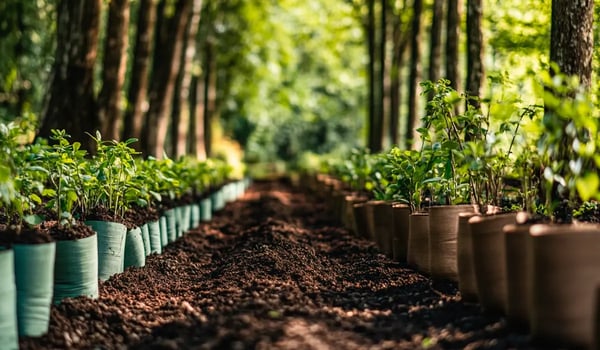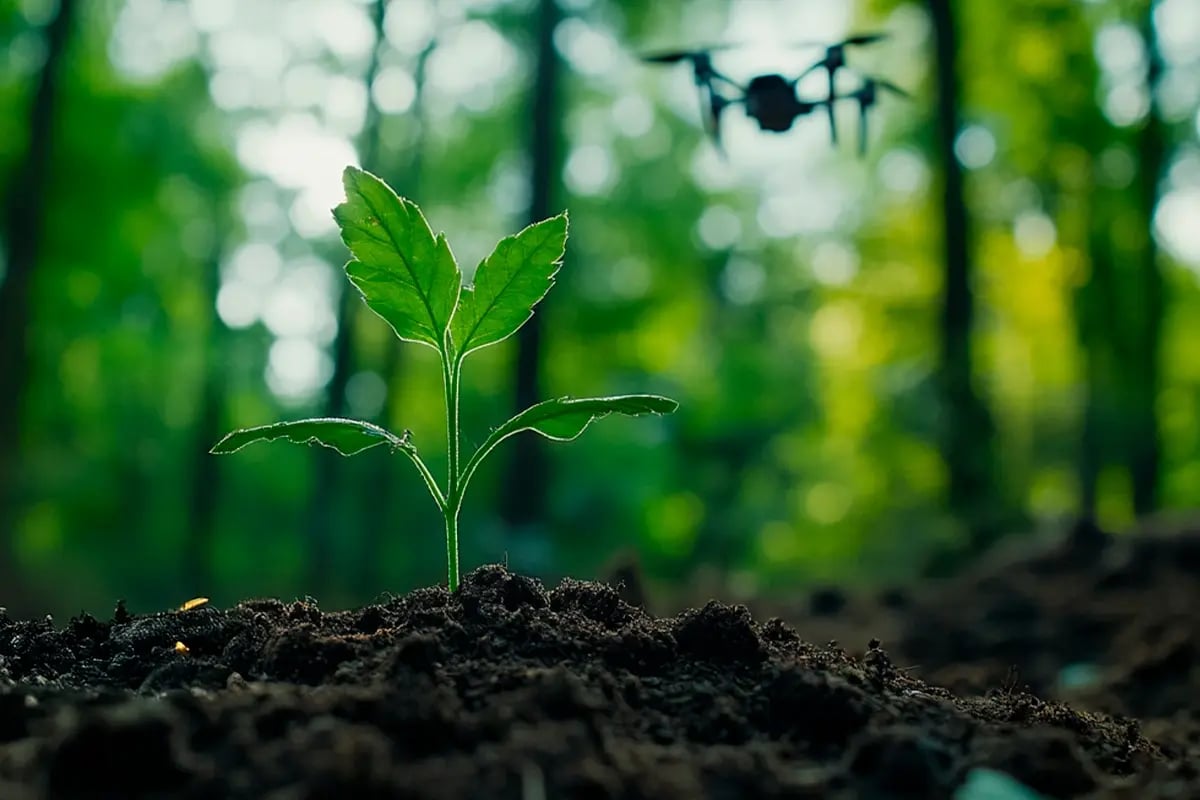Singapore and Thailand have entered into a milestone agreement to cooperate on carbon markets under...

Singapore and Thailand Sign Landmark ASEAN Carbon Market Agreement
2

Singapore Commits to Carbon Trading and Innovation in Green Tech
Singapore is making bold moves in its journey to net zero, preparing to purchase its first batch of...
1

Compliance vs Voluntary Carbon Markets: What’s the Difference
The carbon market is growing fast, but it’s also a bit of a maze for those new to the space. One of...
4

New Carbon Credit Guidelines from Singapore Target Market Confidence
Singapore has taken a key step toward improving transparency in its voluntary carbon market (VCM)...
1



